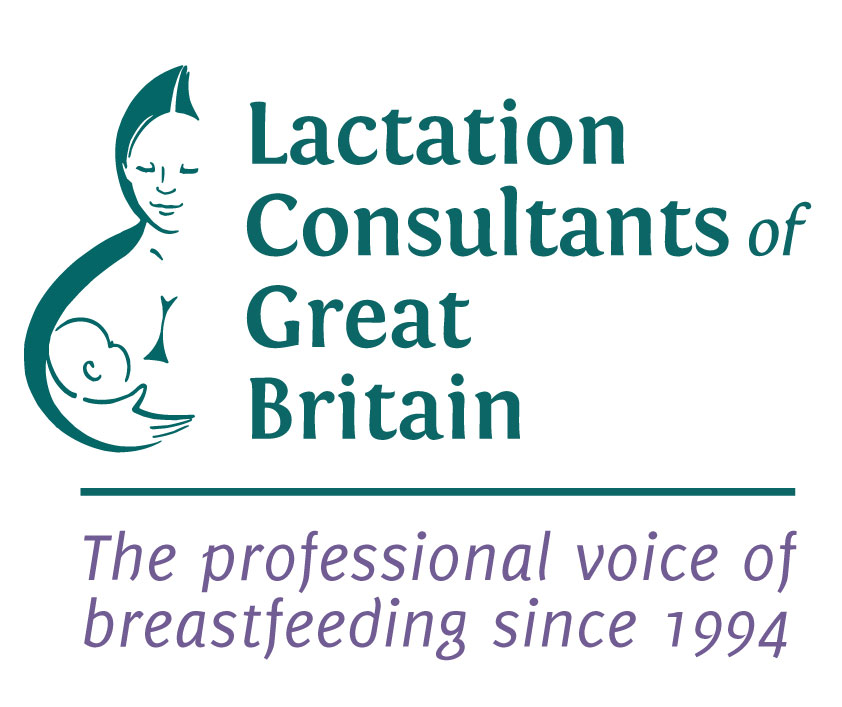The crucial role of breastfeeding: supporting mothers with anxiety and depression
The evidence for breastfeeding in ensuring optimal infant and maternal health is significant, as stated by the Lancet breastfeeding series 2016 and the World Health Organisation and UK Department of Health Guidelines.
Breastfeeding and maternal mental health
More than 1 in 10 mothers are likely to experience perinatal mental health problems.
Why is Breastfeeding important?
- Breastfeeding has been shown to have a positive effect on the mental wellbeing of both mother and baby when breastfeeding is going well.
- Breastfeeding is a buffer, protective for a baby whose mother is experiencing perinatal mental health problems.
- Depression has an inflammatory effect on the body; effective breastfeeding decreases inflammation.
- Risk factors for depression: stress, pain, fatigue and sleep deprivation, inflammatory response, history of trauma, history of depression or PTSD. When breastfeeding is going well it down-regulates these responses.
How do Breastfeeding hormones help?
- Breastfeeding releases oxytocin which opposes cortisol, lowering the stress response, and reducing blood pressure and anxiety.
- Prolactin aids return to sleep and mothering instincts.
Impact of breastfeeding on the baby: infant mental health
- An effective oxytocin system has long term positive consequences on self-regulation and health.
- Oxytocin release is a conditioned response and the consequent effects can be triggered, just by the sight, voice or smell of the mother.
- Oxytocin aids the development of secure attachment.
Caution:
Ceasing breastfeeding when a mother wishes to continue can put her at risk for perinatal mental health problems. It may lead to feelings of inadequacy and failure which can then aggravate self-criticism and depression.
Breastfeeding and medication
Most medications are safe to take whilst breastfeeding. Appropriate prescribing is essential. Sources of information on medications: BfN: Drugs in Breastmilk Service, Medsmilk, Lactmed, UK Drugs in Lactation Advisory Service.
Support the breastfeeding dyad: mother and baby
- Understanding normal newborn behaviour and appropriate expectations.
- Working through any difficulties allows the mum to gain confidence in her choices and allows her a sense of achievement and enjoyment in feeding her child.
Stopping breastfeeding is not a solution to the intense experience of caring for a new baby.
What support can you offer?
- Signpost and refer to the local infant feeding team services, specialist breastfeeding services, International Board Certified Lactation Consultants (IBCLCs) and recognized breastfeeding counsellors for evidenced based support and information.
- Don’t blame breastfeeding for maternal mental health issues, or value today over the long-term impact on the mother’s well-being.
- Encourage the mother to focus on what is going well with the breastfeeding relationship and build on it.
Written for LCGB by:
Heidi Reiner Nowalany, IBCLC – Zoe Faulkner, IBCLC – Bethany Chapman, Cognitive Behavioural Psychotherapist
References:
Kendall Tackett, K. (2007). A new paradigm for depression in new mothers: the central role of inflammation and how breastfeeding and anti-inflammatory treatments protect maternal mental health. International Breastfeeding Journal.
Borra, C., Iacovou, M., Sevilla, A., (2014). New Evidence on Breastfeeding and Postpartum Depression: The Importance of Understanding Women’s Intentions. Maternal and Child Health Journal, 897-907.
Uvnäs Moberg, K., Prime, D. (2013). Oxytocin effects in mothers and infants during breastfeeding. Infant, 201-206.
TO DOWNLOAD A COPY OF THIS INFORMATION AS A PDF, PLEASE CLICK BELOW

